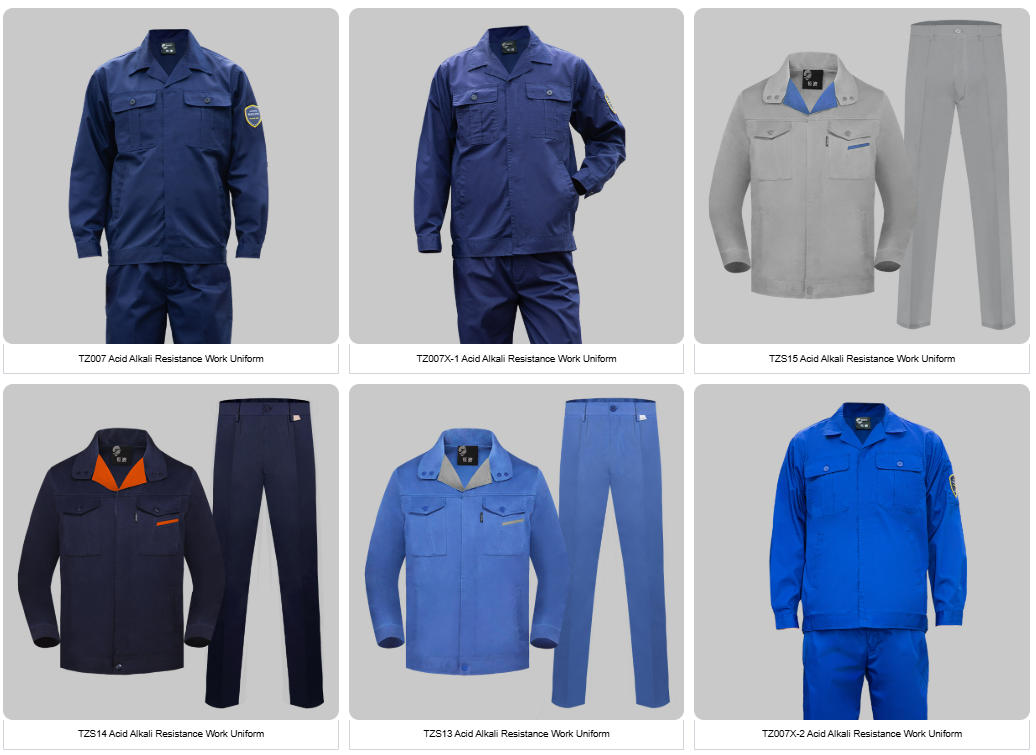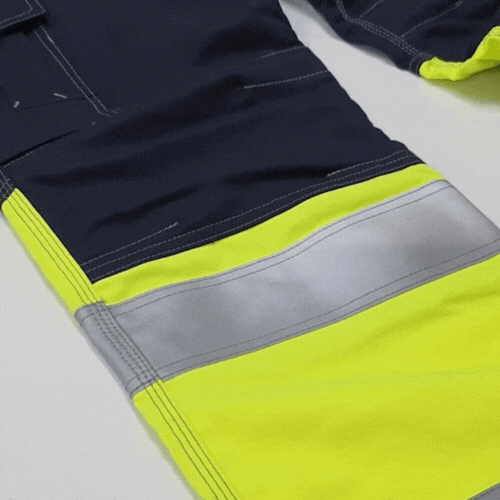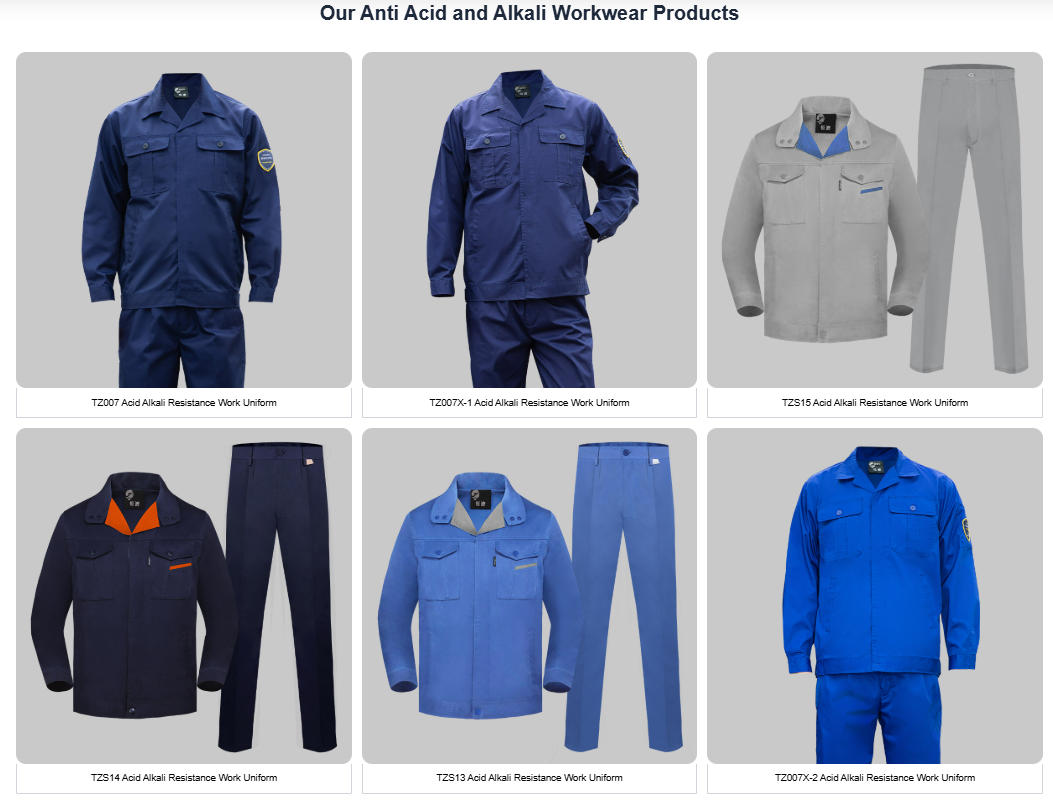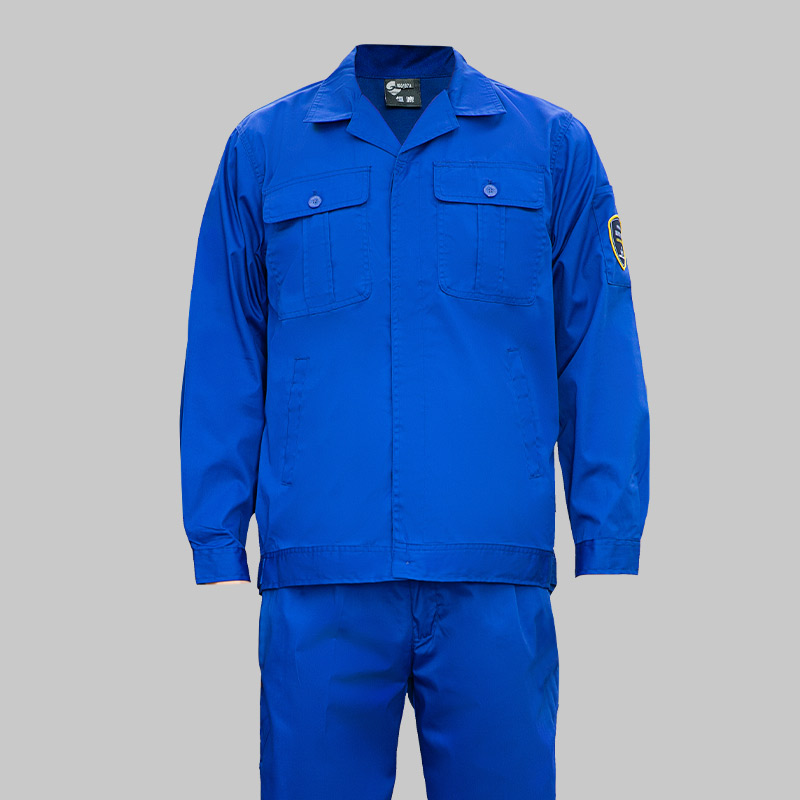Operating a business in Egypt’s Sinai Peninsula comes with its own unique set of opportunities and challenges. Whether you’re in the growing tourism sector in Sharm El-Sheikh, a industrial project in Ain Sokhna, or a logistics company serving the region, your team’s appearance is a critical component of your professional identity. Custom work uniforms promote brand unity, safety, and a image of reliability to your clients and partners.
However, sourcing high-quality, durable, and custom-branded workwear locally can be limiting and often costly. For Sinai-based businesses looking to achieve the best value and quality, importing directly from China has become an increasingly strategic and accessible option. This guide will walk you through the entire process, ensuring you can navigate it successfully and equip your team with uniforms that enhance your brand.
Why Source from China? Advantages for a Sinai-Based Business
-
Cost-Effectiveness: Chinese manufacturing offers significant savings, especially on bulk orders. This allows businesses to access higher-quality materials or more complex customizations (like detailed embroidery) while staying within budget.
-
Superior Customization: Chinese manufacturers specialize in turning unique designs into reality. They offer a vast range of options for fabrics, embroidery, printing, and patches, ensuring your logo and design are perfectly executed.
-
Scalability and Reliability: Whether you need 50 uniforms for a new hotel or 2,000 for a large construction project, Chinese factories have the capacity to scale with your demand and meet production deadlines.
-
Material Diversity: Source technical fabrics suited for the Sinai climate, including high-performance, moisture-wicking materials for outdoor work, durable cotton-polyester blends for hospitality, or certified flame-resistant (FR) fabrics for industrial safety.
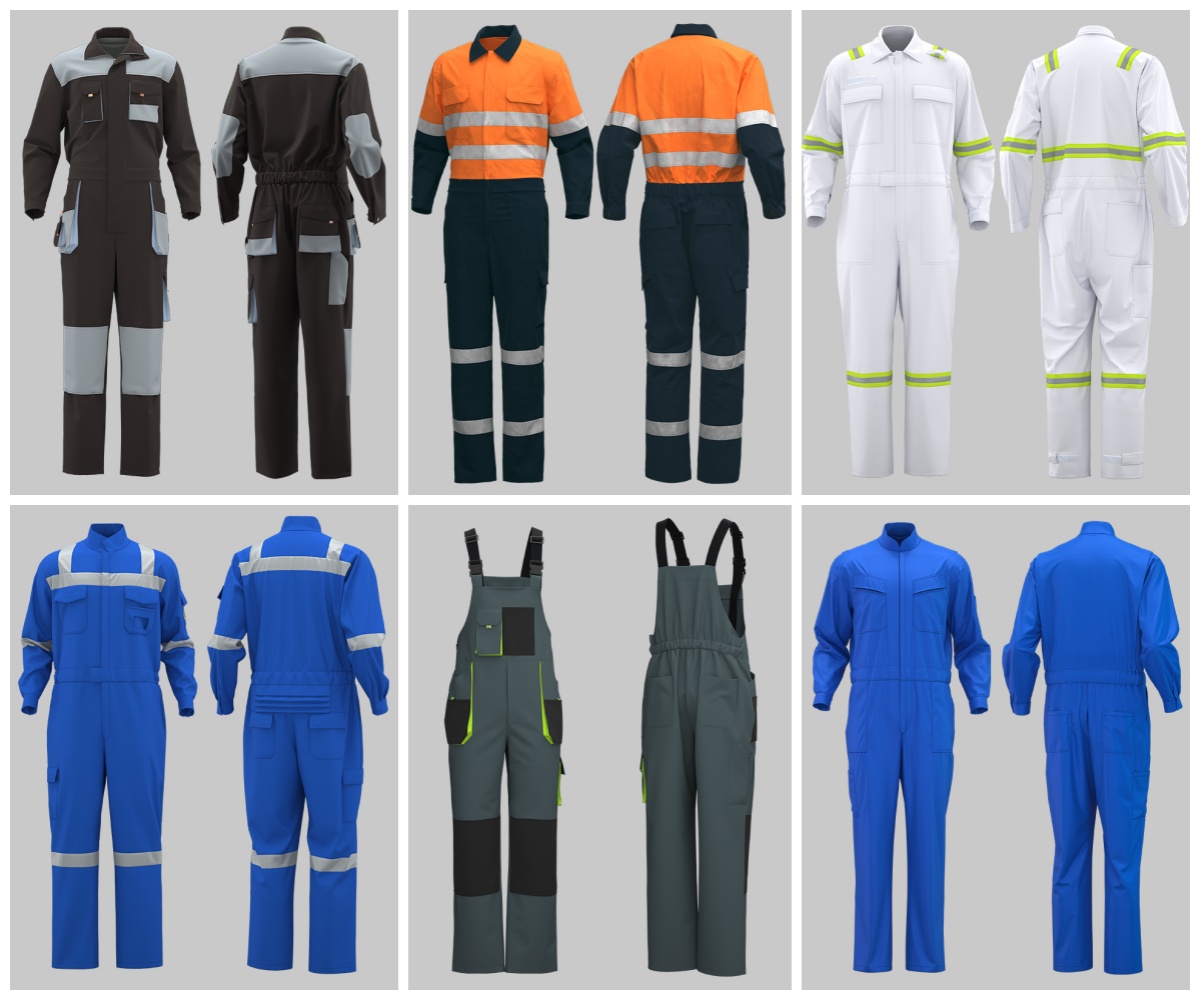
The Step-by-Step Import Process to Egypt’s Sinai Peninsula
1. Define Your Specifications with a Tech Pack
The foundation of a successful order is a detailed Technical Package (“Tech Pack”). This eliminates misunderstandings and ensures accurate pricing. Your Tech Pack should include:
-
Technical Drawings: Front and back sketches of the garment, with detailed views of features like pockets, collars, and logo placement.
-
Fabric Details: Type (e.g., 65% polyester, 35% cotton), weight (GSM – grams per square meter), and colour (use Pantone codes for absolute accuracy).
-
Logo Artwork: Provide high-resolution vector files (.AI, .EPS) for perfect embroidery or printing.
-
Size Specifications: Provide a detailed size chart. You can use international sizes or provide specific measurements.
2. Find and Vet Potential Manufacturers
Use reputable B2B platforms like Alibaba, Made-in-China, or Global Sources. When evaluating suppliers, consider:
-
Verified Status: Look for “Gold Supplier” or “Verified” members on Alibaba with transaction history.
-
Experience with African/Middle Eastern Markets: Suppliers familiar with exporting to Egypt will understand documentation and logistics better.
-
Sample Orders: Always order a prototype sample to assess the quality of the fabric, stitching, and logo application firsthand before placing a large order.
- Start with a simple Google search. You can use keywords like “OEM Clothing Manufacturer” or “Logo Customize Clonthing Manufacturer” and your location. This should give you a good starting point.
3. The Essential Sampling Phase
This step is non-negotiable for quality assurance. The standard process includes:
-
Prototype Sample: To confirm the design, fabric choice, and overall look.
-
Fit Sample: To ensure the sizing and pattern are correct.
-
Pre-Production Sample: The final approved sample that the entire bulk order will be matched against.
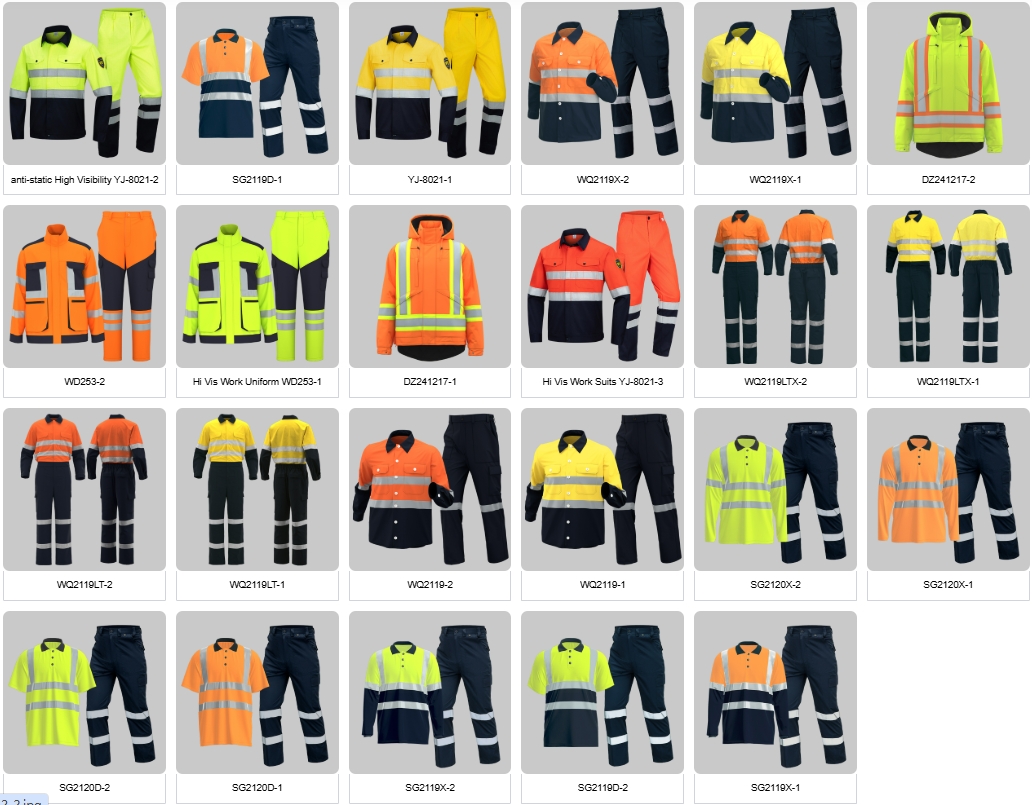
hi vis clothes
4. Negotiate Terms and Plan Logistics
-
Incoterms: Negotiate using FOB (Free On Board) Shanghai/Ningbo. This means the supplier is responsible for getting the goods to the Chinese port. You (or your freight forwarder) are responsible for the main sea freight to Egypt (e.g., Port of Ain Sokhna or Port Said) and all import formalities.
-
MOQ (Minimum Order Quantity): Confirm the minimum number of pieces per style and colour.
-
Payment Terms: Standard terms are a 30% deposit to start production and the 70% balance paid before shipment via secure bank transfer (T/T).
-
Freight Forwarder: Engage a freight forwarder with expertise in China-Egypt shipping. They are crucial for handling ocean freight, customs clearance, and final road transportation to your location in Sinai.
5. Ensure Quality with a Pre-Shipment Inspection
For significant orders, hiring a third-party inspection company (e.g., SGS, Cotecna) is highly recommended. They will conduct an inspection at the factory in China to check for defects, verify quantity, and ensure the quality matches your approved sample. This protects you from receiving substandard goods.
6. Customs Clearance in Egypt
This is a critical step. Your freight forwarder will typically handle the customs clearance process at the Egyptian port. Your Chinese supplier must provide the correct documents:
-
Commercial Invoice
-
Packing List
-
Certificate of Origin
-
Bill of Lading
You will need to provide your Egyptian company’s commercial registration and tax card. Be prepared for Egypt’s import duties and taxes (including VAT), which will be payable to clear the goods. Your freight forwarder can provide an estimate of these costs beforehand.
A Recommended Partner: Shijiazhuang Haiyuan Labour Supplies Co., Ltd.
For a Sinai-based company looking for a reliable and experienced manufacturer, Shijiazhuang Haiyuan Labour Supplies Co., Ltd. is a highly recommended choice.
With years of experience exporting to diverse international markets, Haiyuan specializes in the production of high-quality custom work uniforms, corporate apparel, and safety workwear (PPE). They understand the specific needs of businesses in demanding environments like Sinai, from selecting durable fabrics for desert conditions to executing flawless and durable logo customization.
Their comprehensive service includes guiding clients through material selection, prototyping, and ensuring all production meets agreed-upon quality standards. They are experienced in preparing all necessary export documentation for Egypt, facilitating a smoother customs clearance process. By partnering with a established manufacturer like Haiyuan, you can mitigate risk, ensure consistent quality, and confidently build a professional image for your team in the Sinai Peninsula.
Strengthen your brand. Ensure team safety and unity. Source with a trusted global partner.

